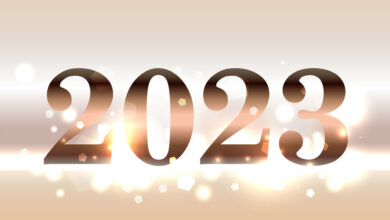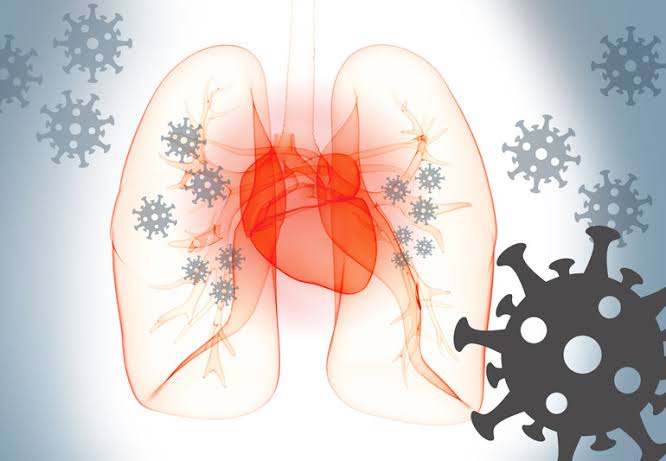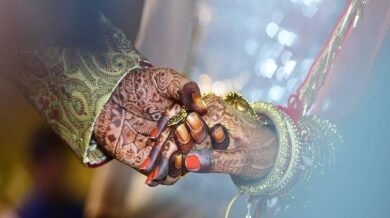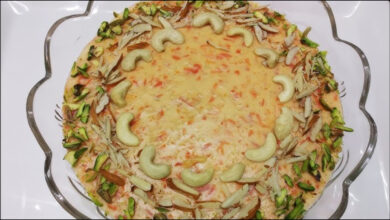Living traditions: Festival of Jharkhand

New Delhi, Feb 25 : India is perhaps the most musical and musically diverse region in the world. This diversity is evident in the folk traditions associated with different regions. Through this festival, we try to showcase the folk traditions of different regions. During the NCPA’s Living Traditions’ 13th Edition, the focus is on Jharkhand.
Established in 2000, Jharkhand is one of the newest states located in the North-eastern part of India. Meaning ‘The land of forests and bushes’, the region has an amazing diversity of flora and fauna coupled with a variety of minerals and beautiful natural resources including hills and waterfalls. The state is equally or more rich in its cultural heritage. Be it Chhau, Mundari, Kathi Mage, Dasai, or Nagpuri and Jhoomar, these performing art-forms are not only means of entertainment for the different tribes of adivasis, but they also have a place in worship.
During the two day event, over 100 artistes comprising six well-known troupes from various parts of Jharkhand will present varied forms of music, dance and folk theatre. Each presentation will be introduced with an appropriate socio-cultural and aesthetic context. Additionally, on both days, artisans will demonstrate mask-making and bamboo artwork in the Experimental Theatre foyer.
#Day 1
When: March 8, Friday- 6.30 pm
Where: Experimental Theatre
Tickets: BookMyShow
Nagpuri songs by Prithviraj Sinhdeo & group
Regarded as a derivative of Bhojpuri, Nagpuri is the main language of Sadan, an ethno-linguistic group of the Chhota Nagpur region, which covers some areas of Jharkhand and neighbouring states of Bihar, Chhatisgarh and Orissa. It is also the main language of several tribal groups such as: Kharia, Munda, Bhumij, Kurukh and others. Couched in Nagpuri language, the musical renditions are based on diverse melodies, reflecting the typical folk flavour of the region. Until recently, only locally made instruments were used for accompaniment.
Ho Dance by Uma Kumari & group
Ho Munda are the scheduled tribe of Singbhum district of Jharkhand. Performed together by men and women, it is essentially regarded as a courtship dance. But often, it is also performed during the harvest season and wedding celebrations. White, red and yellow colours dominate attires of both men and women. Holding each other, they move with the melody of bansuri (bamboo flute) in a semi-circular fashion with graceful footsteps and waist movements, matching with the beat of drums and percussion instruments such as dama, dumeng and rutu, to name a few. The songs vary with the change of season and occasion; as a result, there are several variations of this dance form. Mage Porob, organised in the month of Magh, is the well-known dancing festival of the Ho Munda community.
Gohaeer Jatra: Folk play written and directed by Deepak Lohar – A Presentation by Birsa Kala Kendra
The title of the play points to loud communication amidst the pandemonium of the countryside fair. This is the story of a village girl, Roopa, caught in human trafficking. The play unfolds the heartrending plight of the victim along with that of her brother, Kanhu, who also has his share of life struggles. The play has a tragic end, highlighting the menacing effects of rural poverty that is rampant in most Indian villages.
#Day 2
When: 9 March, Saturday – 6.30 pm
Where: Experimental Theatre
Tickets: BookMyShow
Kudmali Jhumar songs by Kamal Mahato & group
Regarded as an Indo-Aryan language, Kudmali is one of the several languages spoken in Bihar. While mainly prevalent in the Chhota Nagpur region of Jharkhand, it is also widespread in the border regions of Orissa and West Bengal. Though mainly written in Bangla script, Kudmali literature is also available in other languages such as Devnagri and Odiya. Closely linked with the lives of common people, Kudmali folk songs are simple, yet appealing. There is no aspect of life in this region that can be considered complete without the inclusion of these extremely popular songs, known as Kudmali jhumar geet.
Chhau dance by Dildar Ansari & group
Recognised by the UNESCO as the intangible cultural heritage of the humanity, chhau is a popular dance form prevalent in the three states of eastern India: Jharkhand, Odisha and West Bengal. Although there are regional variations, generally, topics range from the great epics to mythology, nature, and even folklore, that are presented using combinations of hand, neck and eye movements. Some varieties also deploy martial arts techniques. Instruments used are: bamboo flute, cymbals and varieties of native drums. Within the state of Jharkhand, there are three prevalent styles of chhau: Saraikela, Kharsawa and Manbhum. This chhau dance presentation revolves around the hunting tradition of this region replete with lush green hills, forests, animals and tribals, in which hunters kill animals for their flesh. When persuaded by their wives to abandon the age-old anti-environmental practice, hunters understand the importance of maintaining an ecological balance by protecting all kinds of flora and fauna, that would in turn protect the human species.
Phurgal Dishom Rin Bir Ko: Folk play by Jeet Rai Hansda & group
The play portrays the saga of several adivasi men who fought relentlessly with the rulers of British Empire in pursuit of freedom. Starting in 1784, Baba Tilka Manjhi led uprising against British landlords at Bhagalpur. His brutal execution gave impetus to further rebellion by other young men including four brothers: Siddhu, Kaku, Chand and Bhairav around 1855, who dared to fight British along with thousands of adivasis from Santhal region. Legend has that their sisters as well as lovers also joined the freedom struggle. Later, Birsa Munda led the struggle from Chhota Nagpur region. The sacrifices made by these iconic leaders along with thousands of men, women and children are depicted in a style replete with song, dance and action.






